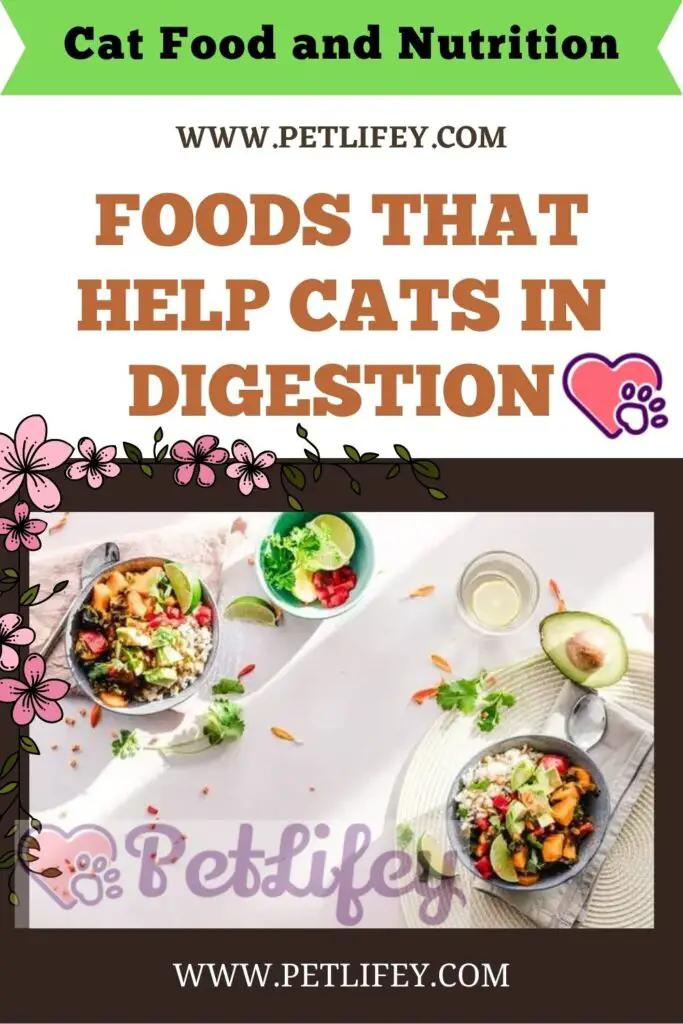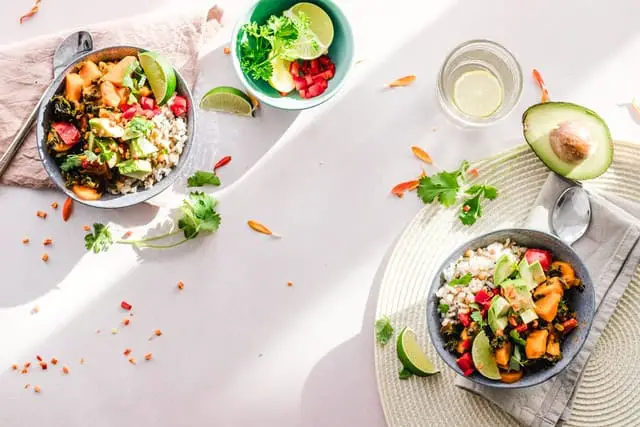
Foods that help cat digestion? There are many of them and they should never be missing in the kitchen for him. Let’s see what are the natural remedies and effective tips to cure it.
Taking care of the nutrition of your domestic feline is essential to ensure good daily health and not to make it suffer from common ailments related to digestive difficulties. When a cat does not digest properly, in fact, it is more likely to develop some annoying problems. It is possible to help him, however, by modifying his diet and offering him foods that help the cat’s digestion. Let’s see what they are here.
Foods that help cat digestion: here are the most recommended
Providing your cat with all the foods that strengthen its body is essential but the animal can start to suffer from digestive problems and, then, it is necessary to change something in its diet and introduce the right foods that can help it. Here are the foods to memorize for feline health.
Compared to us humans, a feline is used to eating many times during the day, often going in search of food or meowing next to its precious bowl.
Even if it involves small and frequent meals, the furry one is very sensitive regarding his stomach and his digestion.
It does not happen to all cat breeds but, often, the cause of many problems in the cat’s digestive system is an incorrect and unhealthy diet.
Having a delicate stomach, the cat may need some changes in its daily diet, the need for foods that help it digest better.
The stomach of the feline, then, is sensitive to foods available on the market, therefore it is essential to make a careful choice of food for him outside the home, focusing on the ingredients contained in them.
To heal its digestion and avoid further damage, you can provide your cat with excellent and beneficial foods. Here is a list of recommended foods, useful for every feline:
- Salmon (portion of fish);
- Very fresh meat (beef, lamb and chicken);
- Minerals;
- Vitamins ;
- Monoproteic food for cats.
We remind you that fibers and antioxidants are essential for optimal animal health. For a cat with digestive problems, it is advisable to include important amino acids and Omega 3 fats in its diet.
The trade offers a wide choice of products rich in these ingredients and basic substances for the well-being of the cat. In addition, it is possible to create healthy and delicious dishes with your own hands, the main thing is to use the right foods for him.
The feline and the sensitive stomach: foods not recommended

Just as there are foods recommended by experts for the well-being of a cat and for its digestive problems, there are others that should be limited or even eliminated from its diet. Let’s see what it is and what the harmful consequences can be.
As we mentioned in the opening article, the feline can suffer a lot due to an incorrect and unbalanced diet, with harmful consequences such as disorders or, worse, the development of dangerous diseases.
Suffering from digestive problems, diseases such as vomiting, cat diarrhea, problems due to alternating dry and wet food, food intolerances and food allergies in cats can occur.
For these serious reasons, it is advisable to be very careful in choosing foods for the sensitive cat and try to avoid the foods listed below, which are not recommended by experts:
- Bone;
- Legumes;
- Milk;
- Raw pork
- Onion;
- Tomatoes;
- Avocado;
- Cabbage;
- Leek;
- Chocolate.
It is necessary to be very responsible when it comes to the health of a cat, which mainly involves the food it ingests every day and that is provided by its human owner.
Providing all the nutrients necessary for the feline, which give it energy and psychophysical well -being, is the duty of those who love and respect this animal.






